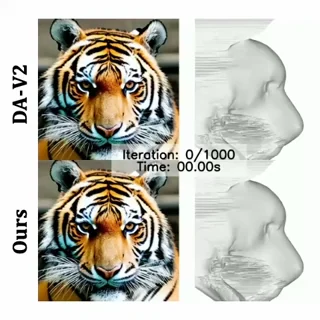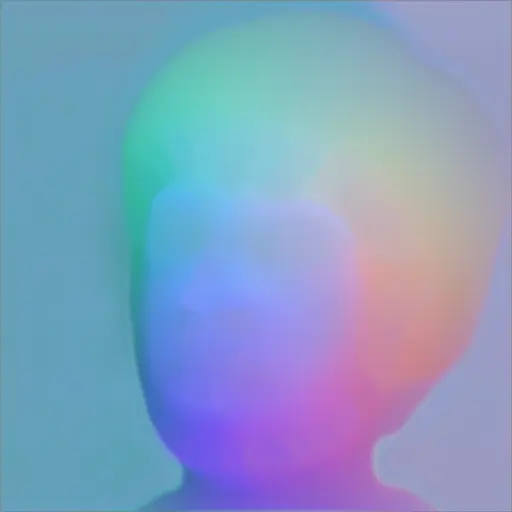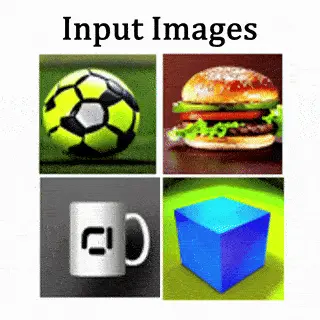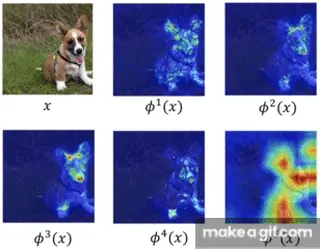Ananta R. Bhattarai
Ph.D. researcher at Bielefeld University.

Hi, I am Ananta. I am a Ph.D. student at Bielefeld University (Visual AI for Extended Reality Lab led by Prof. Helge Rhodin). I completed my Master’s degree in Computer Science from TU Munich advised by Prof. Matthias Niessner and Artem Sevastopolsky. Alongside my Master’s studies, I was fortunate to work with Dr. Michael Lebacher and Prof. Florian Buettner on Explainable AI at Siemens AG.
Previously, I completed my Bachelor’s degree in Computer Science at Jacobs University Bremen. During my Bachelor’s, I spent a term abroad at Carnegie Mellon University, where I did independent research under the supervision of Prof. Ruslan Salakhutdinov.
I’m interested in working at the intersection of 3D computer vision, computer graphics, and machine learning.
news
| Feb 23, 2026 | Re-Depth Anything is accepted at CVPR 2026 Findings. |
|---|---|
| Jan 26, 2026 | DenseMarks is accepted at ICLR 2026. |
| Sep 01, 2024 | Started my Ph.D. at Bielefeld University with Prof. Helge Rhodin. |
| Jun 30, 2024 | A paper is accepted at ICML 2024. |
| Oct 30, 2023 | TriPlaneNet is accepted at WACV 2024. |
selected publications
- SAFECOMP23
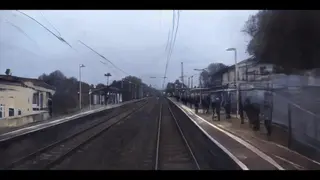 Towards Scenario-Based Safety Validation for Autonomous Trains with Deep Generative ModelsInternational Conference on Computer Safety, Reliability, and Security (SAFECOMP), 2023
Towards Scenario-Based Safety Validation for Autonomous Trains with Deep Generative ModelsInternational Conference on Computer Safety, Reliability, and Security (SAFECOMP), 2023 - AAAI21
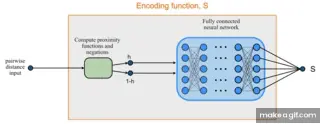 Combining Programmable Potentials and Neural Networks for Materials ProblemsAAAI Spring Symposium: MLPS, 2021
Combining Programmable Potentials and Neural Networks for Materials ProblemsAAAI Spring Symposium: MLPS, 2021
